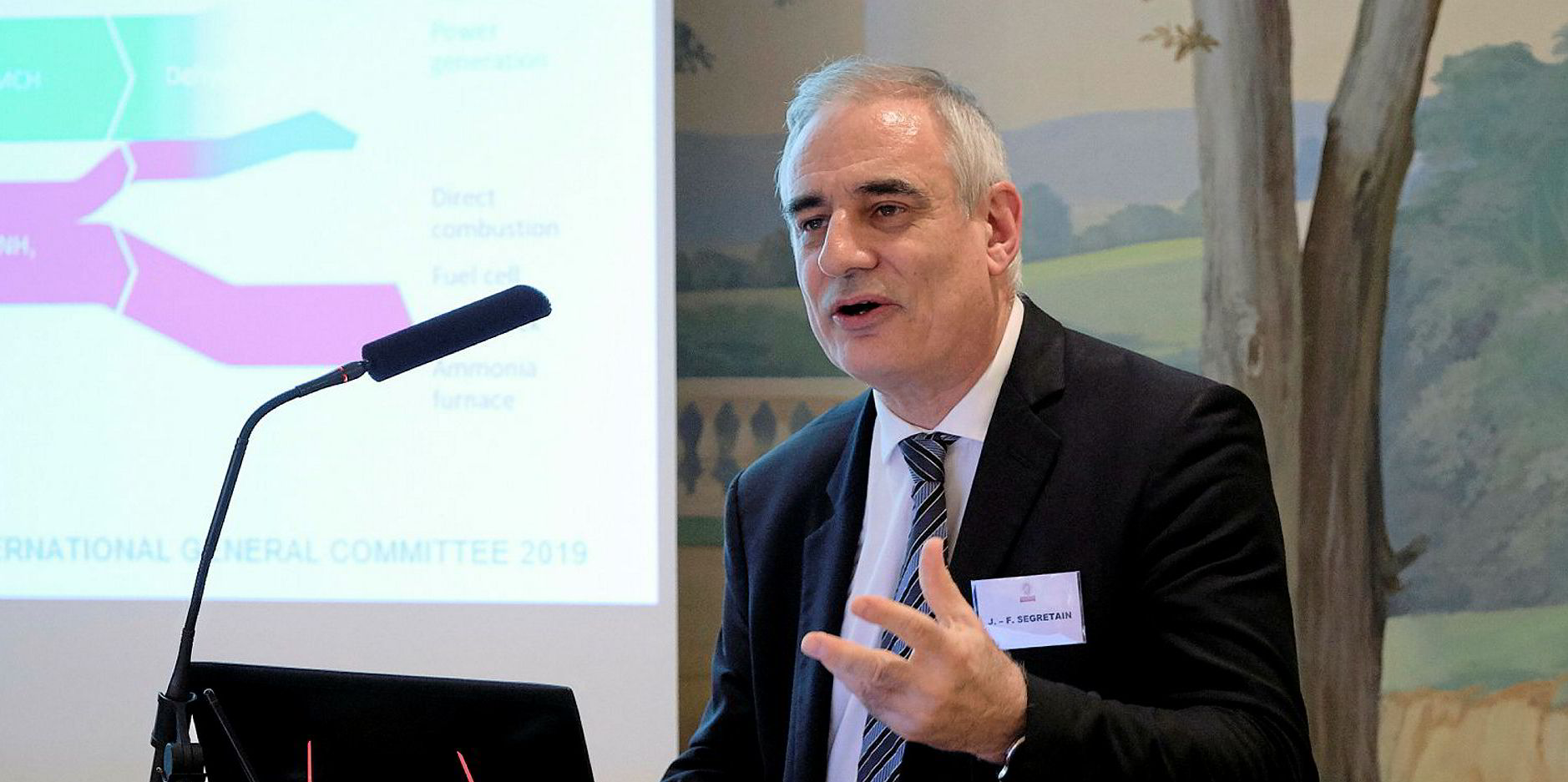
QUAH LEY HOON
Chief executive, Maritime and Port Authority of Singapore
Increasingly, the global maritime industry will have to adapt to a new operating norm defined by three Ds: disruption, digitalisation and decarbonisation.
We are witnessing shifts in consumer demands and the emergence of new technologies such as additive manufacturing that could alter trade flows. To be prepared for the impact brought about by technology-enabled disruptions, it is imperative that we stay agile and continue to innovate to stay ahead of the curve.
Digitalisation will put us in good stead for the future and is key to sustaining growth in this changing world. By tapping into big data, information and other digital technologies, we will reap the benefits of improved work processes between shore and sea, physical and virtual, and between smart systems.
And finally, decarbonisation is one of our top priorities as we introduce cleaner fuels for shipping to have a zero or near-zero carbon footprint. We are committed to working with the industry to meet the targets laid out by the IMO to have a 50% reduction of greenhouse gas emissions by 2050.

SIMON BENNETT
Deputy secretary general, International Chamber of Shipping
The next decade looks like being a period of serious transformation. The Fourth Industrial Revolution will be fundamentally different from the previous three, which were characterised mainly by advances in technology.
The underlying basis for the next revolution lies in radical advances in communication and internet connectivity. We thus have the potential to drastically enhance the efficiency of maritime transport while supporting further improvements to safety and environmental performance.
But the biggest challenge of the 2020s will be making progress towards eliminating greenhouse gas emissions as soon as practicable.
The maritime sector has already made impressive CO2 reductions. But shipowners will need to redouble their efforts to deliver further dramatic improvements in fuel efficiency as demanded by governments and society at large, although so long as ships remain dependent on fossil fuels, whose cost will rise dramatically due to the IMO sulphur cap, this should be a matter of enlightened self-interest.
The ICS will seek to lead the way in coming forward with constructive proposals for greenhouse gas reduction at IMO throughout the next decade. The transition to zero CO2 emitting fuels — which ICS has dubbed the ‘Fourth Propulsion Revolution’ — is the challenge of our age, and one that ICS is sure the industry will embrace.

MATTHIEU DE TUGNY
President of marine and offshore, Bureau Veritas
We will continue to develop profitable and sustainable business only if we are able to continue to contribute to supporting a profitable and sustainable shipping industry.
The role of classification has never been more important. We are relied on to provide confidence. And as the world digitises and the focus on decarbonisation sharpens, confidence is required.
The opportunity is there to change our industry – for the better – and we see class as a key enabler in that process as risk needs to be addressed.
The 2020s will see considerable advances in smart shipping, including the evolution of autonomous shipping and we need to act now to meet shipping’s decarbonisation goals. LNG, here today, is an immediate opportunity – and we are highly focused on the role of gas in the energy transition.
But we are also looking at what is next – wind, batteries, ammonia, hydrogen and more. You have heard it before.
But still someone has to provide the necessary confidence in new technology and to make it applicable – to help create value. That is what Bureau Veritas people do, every day, and they will continue to do, in a decade that takes us to our 200th anniversary and beyond.
This is part of a multi-sector series on shipping industry outlook for the decade ahead. Read the full report in this week's print edition.





